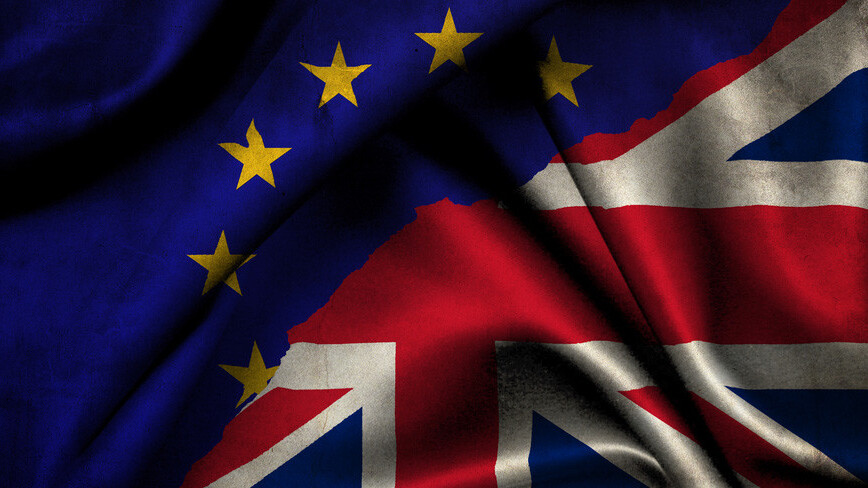Since the UK voted to leave the EU this morning, a lot has happened: the value of the British Pound has plunged, as has the price of oil; Prime Minister David Cameron has resigned; millions of Britons might eventually find it more difficult than before to emigrate, live and work in 27 other European countries.
One can only hope that there’s a silver lining to all this for UK citizens, but it’s not yet visible. In addition to affecting the lives of millions of Europeans, the results of the referendum will have a major impact on the tech industry across the continent.
Brexit will deal a blow to the European Commission’s dream of a Digital Single Market (DSM), which would allow online services and content – such as Netflix and Spotify – to be priced and distributed in a singular manner across the continent.
The EC estimates that shifting to this model would help the EU save €415 billion a year. While it might still be possible for the UK to access the DSM after it leaves the EU, it’s hard to predict whether it will choose to do so.
Next, the EU has been in a tussle with the US over how American tech firms handle user data that it collects from Europe.
After the previous rules, known collectively as Safe Harbor, were ruled invalid last year, a provisional deal called Privacy Shield has been signed into practice
It was designed to offer new safeguards around access to data by public authorities and also allow citizens to take legal action against companies using their data.
After the UK moves out of the EU, it won’t enjoy these benefits when dealing with US companies. Instead, it’ll have to formulate new laws to protect citizens and their data.
In addition, The New Statesman notes that UK-based companies could also be made to host European data on EU soil.
The gaming industry, which employs more than 10,000 people in the UK, might also suffer. Wired reports that the gross value added to the country’s economy by the gaming sector at the end of 2014 was £36.578 billion.
Many studios in the UK depend on professionals from across Europe to round out their development teams. Sourcing new talent will likely become difficult once new immigration and labor laws are enforced in the UK.
Ultimately, the situation presently seems grim for the tech industry in the UK. But it remains to be seen how things pan out once the dust settles.
Get the TNW newsletter
Get the most important tech news in your inbox each week.





